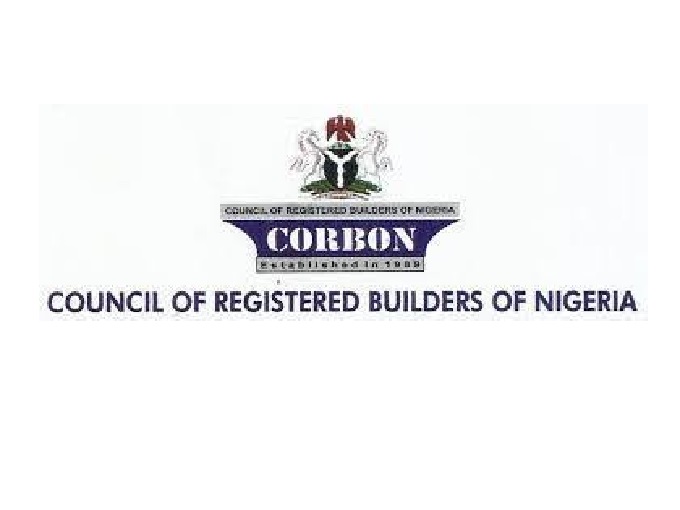The Council of Registered Builders of Nigeria (CORBON) has reaffirmed its commitment to tackling Nigeria’s persistent housing deficit, currently estimated between 17 to 20 million units.
Speaking during a press conference in Abuja to mark CORBON’s 35th anniversary, Chairman Dr. Samson Opaluwah underscored the critical role of the building and construction industry in driving economic development and addressing pressing societal needs.
Dr. Opaluwah highlighted that the construction sector serves as a barometer for economic growth worldwide, and Nigeria is no exception. As the country grapples with a widening housing gap, CORBON has proposed several innovative strategies to accelerate housing delivery. Among these are a comprehensive national housing strategy, large-scale training programs for building professionals, and a plan to bolster the production of locally sourced building materials.
Central to CORBON’s vision is the establishment of a responsive social housing program aimed at addressing the needs of vulnerable populations. Dr. Opaluwah emphasized the importance of improving access to land and overhauling mortgage systems to empower Nigeria’s youth to achieve homeownership. “Access to mortgages must be liberalized with proper safeguards to make homeownership a reality for our younger generation,” he stated.
The council is also strengthening partnerships with other regulatory bodies like COREN to ensure uniform building standards and robust regulatory oversight. This collaboration aims to create a stronger framework for building control across Nigeria, safeguarding both quality and safety in construction projects.
Reflecting on its 35 years of existence, CORBON has achieved significant milestones, including the accreditation of over 50 tertiary institutions and the registration of approximately 4,000 licensed builders. The council has also been instrumental in workforce development, training around 50,000 individuals in various construction trades across 250 centers.
A notable achievement is the establishment of the Project Evaluation and Monitoring Unit, which oversees construction projects and ensures strict adherence to quality standards. Dr. Opaluwah described this initiative as a vital step in enhancing the capacity of sub-national government agencies in project monitoring and control.
Looking ahead, CORBON has ambitious plans to commemorate its anniversary in 2025 with several high-profile events. These include a National Seminar, the foundation stone laying for its National Headquarters in Abuja, and the inaugural International Building Congress, scheduled for November 2025. This biennial event aims to unite stakeholders from Nigeria and the diaspora to discuss advancements in the construction industry.
Dr. Opaluwah also called for urgent policy reforms, including the review of CORBON’s enabling Act and the enforcement of the Nigerian National Building Code. These reforms, he said, are essential for repositioning the council and fostering stronger collaborations within the built environment.
As he paid tribute to the founding fathers of Nigeria’s building profession, Dr. Opaluwah acknowledged their tireless efforts in laying the foundation for the industry’s progress. “We honor the vision and determination of those who paved the way, and their legacy continues to inspire us,” he remarked.
With its comprehensive roadmap and ongoing dedication to innovation, CORBON remains steadfast in its mission to bridge Nigeria’s housing deficit and transform the construction sector into a cornerstone of national development.



